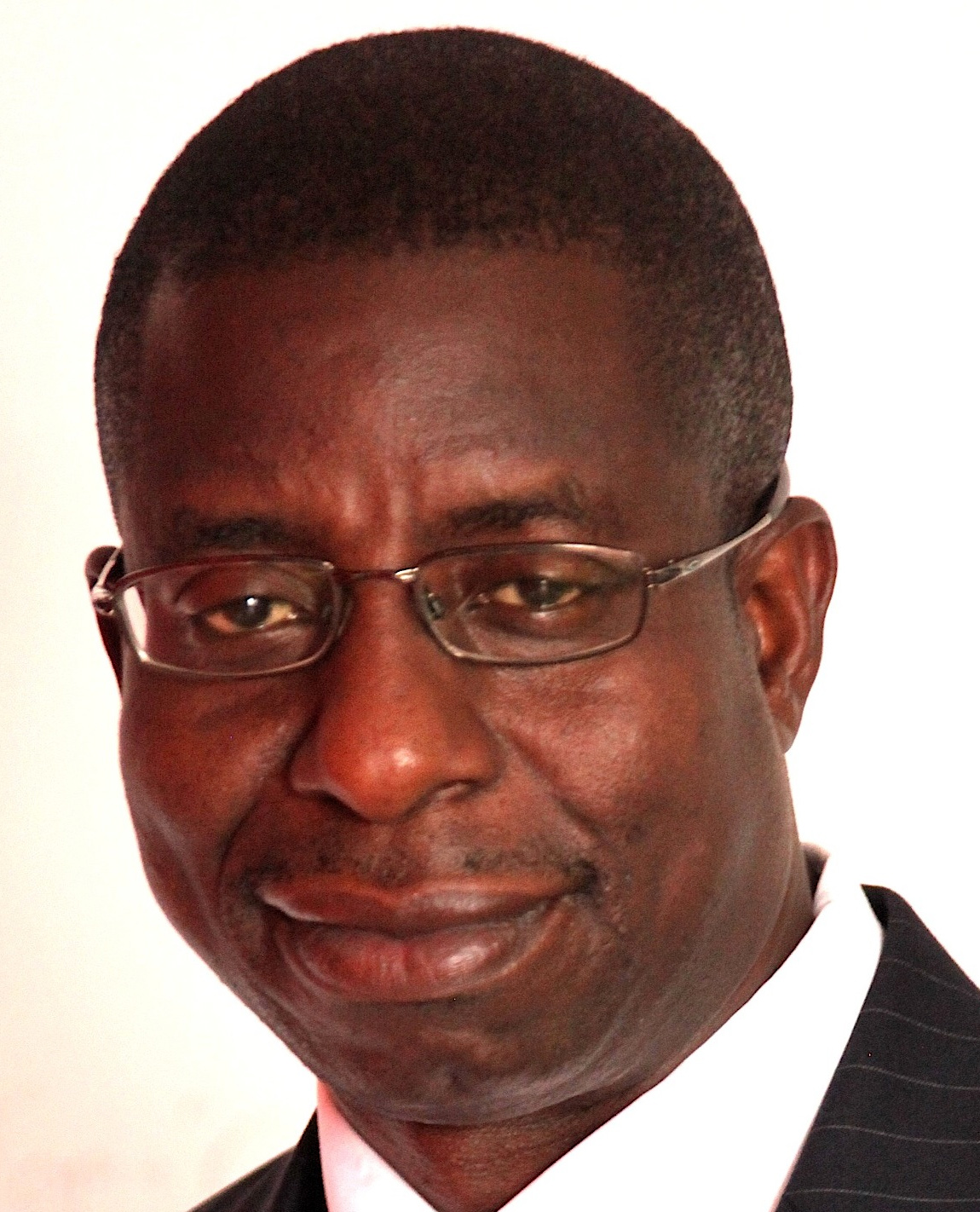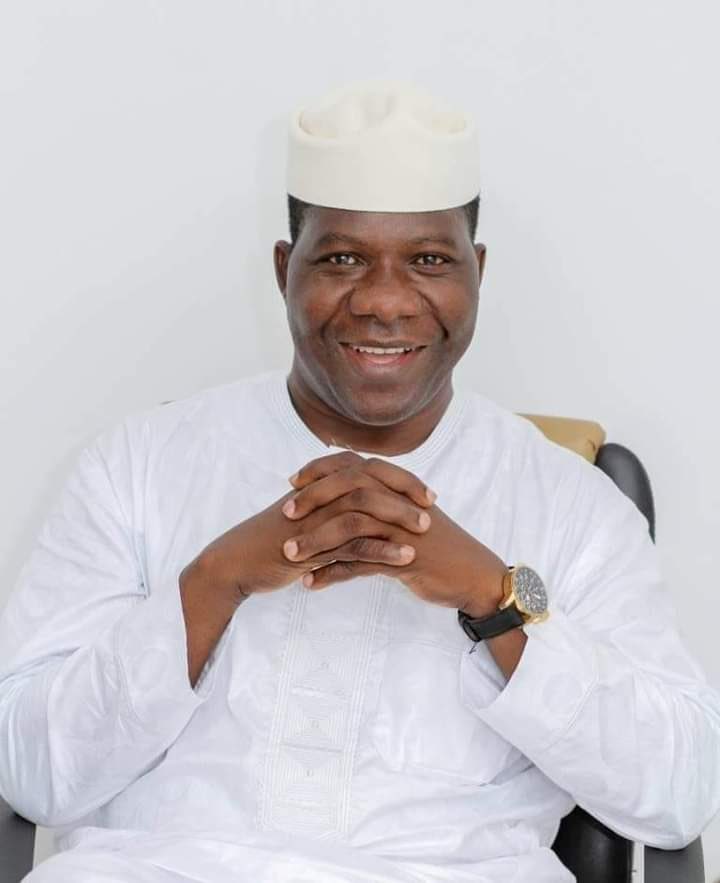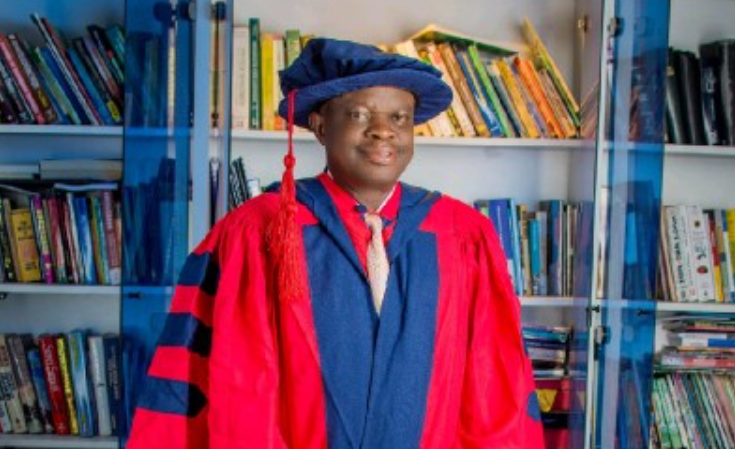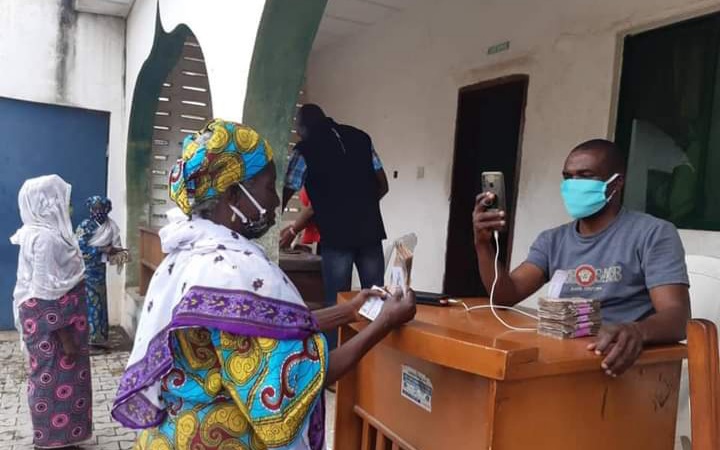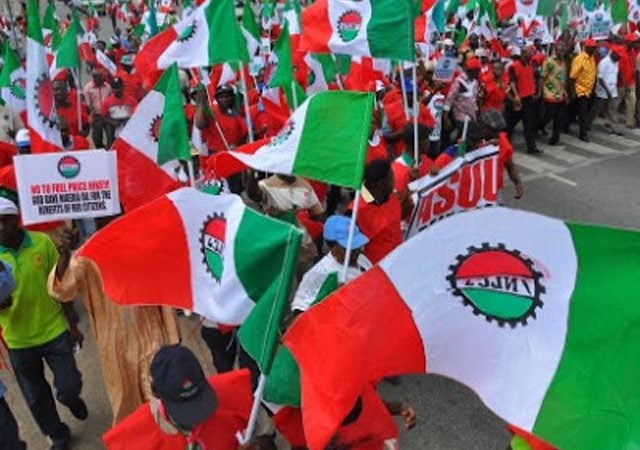Anyone who has had a close encounter with Opeyemi Bamidele, the new senate majority leader, knows that he is a charming fellow who, had fate not led him to become a politician, might have thrived as the proverbial used car salesman. Such is the diplomatic ease with which he relates to friend and foe that he will be a fish in water in his new high post as leader of a multi-party parliament. But he might not have got there did he not also have a charmed heart.
On January 1, 2018, Bamidele was shot at a rally in Ado-Ekiti to welcome back Kayode Fayemi and launch his bid for the second term he was denied through a military operation that led to Ayo Fayose usurping the office of governor of Ekiti state. Bamidele would not only survive but also serve as director-general of Fayemi’s successful campaign. Understandably, he attributes his survival to a miracle which, I suspect, was partly wrought by his charming the bullets from their dangerous path to his heart!
Our paths crossed at the University of Benin where we were both law students in the second half of the 1980s, I just a year ahead of him. After a BA from the University of Ife (Obafemi Awolowo University), Bamidele had enrolled in law at Uniben. The decade of the second half of the 1980s and first half of the 1990s was a turbulent one for Nigerian students as for Nigerians in general. We were then steeped in the full-blown military dictatorship of General Ibrahim Babangida. The National Association of Nigerian Students (NANS) was purportedly banned, as a fall-out of the nationwide protests sparked by the murder of four students at Ahmadu Bello University. ABU vice-chancellor, Professor Ango Abdullahi, had further enraged the grieving NANS with the callous clarification that “only four students died”.
Due to unrelenting agitations, however, the concession of union activities on campuses, but not at the national level of NANS, was won. In 1987, I became secretary-general of the revived Uniben students union. When the tenure of the executive in which I served ended, a caretaker committee was set up pending the election of a new one. And this was when the determination of the Uniben authorities to ingratiate themselves to Babangida, by doing everything to ensure a compromised new union in the light of what was considered a confrontational outgoing executive, led to a crisis that made us not just fellow law students but, far more important, comrades and brothers. It also provided the moment that prompted the second word of my title’s metaphor.
Advertisement
An electoral committee headed by the deputy registrar for student affairs issued fascist preconditions for participating in the election, aimed at achieving the goal of a pliant and ineffective union. Candidates were to submit their manifestoes for vetting, were not to make university policy a campaign issue, could be disqualified without reason, must not be members of associations, and must possess a minimum GPA of 2.75 (different from what was required to be a student in good standing). Although seemingly of general application, the non-membership of associations condition was cleverly designed to achieve two aims: shut the door against members of secret cults while more intentionally disqualifying members of our radical left group, the Cultural Awareness Club (CAC). Originally known as the League of Patriotic Students, it had been banned along with some of its members, on the grounds that it was behind every major agitation and demonstration on campus. Naturally, there were protests. But Vice-Chancellor Grace Alele-Williams (now resting in peace) and the university authorities would not budge, leaving us with no option than to threaten a boycott. Yet, that would be playing right into the hands of the university whose sponsored candidates, pledged to never protesting campus maladministration and Babangida’s atrocities against human rights and democracy, would then be installed. Our only chance of a proper election was to stop the scheduled outrage. But how?
Bamidele, whom we called Bam for short in those days, long before he would become MOB, had the answer. We would have to precipitate a more effective boycott with a few of us leaving campus two or three days before the election. I was to be among them, being the immediate past secretary-general who happened to be rather popular among the students but a rude rabble-rouser in the eye of the VC. As chairman of the caretaker committee, he was to be among those voting early with their feet. It would not be long before our absence would be noticed. He wagered that the overwhelming majority of the students would not cast a vote while the whereabouts of their leaders were unknown. And so it was that in the appointed evening, four of us, including, crucially, the secretary of the electoral committee, left campus and camped in a working comrade’s house in the opposite outskirts of the city. The plan worked to perfection!
Our absence was noticed sooner than we had even thought and explanations by the already irate and suspicious students were demanded of the vice chancellor. Not able to offer any, she was accused of arranging for our abduction so the sham election she so desperately wanted would take place without hindrance. She was given an ultimatum; either the abducted students were returned to campus or there would be no election and the boycott would extend to lectures. There was, of course, only one condition for our return to campus: rescission of the obnoxious electoral preconditions. Outfoxed, with the national press already reporting the disappearance of outspoken students days to a controversial union election, Alele-Williams yielded.
Advertisement
Bamidele showed me 35 years ago how ready he is to take risks, to go to any length, even taking the unconventional path and enduring any grief, towards achieving a common goal. In the course of mobilising students against the planned mock election, we had incurred the wrath of the university which hastily suspended “indefinitely” the four of us who initiated the boycott, in the first instance, and later eight more members of the Cultural Awareness Club. That led to the case of Bamidele & Ors v The University of Benin, argued successfully by one Femi Falana, Esq, then with the unforgettable Alao Aka-Bashorun of Peoples Chambers, Jebba Street (West), Ebute-Metta, Lagos.
A close bond existed between the two of us as students. We visited each other’s families in Benin and Lagos and I recall even now his older brother’s never fading smile of welcome to his home in Agege. And such was the discipline and trust that governed our conduct as student activists that after Bamidele became president of NANS and I was at the Law School, then only in Victoria Island, he could be in Kano and I would be issuing press releases in his name in Lagos. It helped that his student’s signature, surely different from that of the senator, which consisted of the initials MOB scribbled together with the last four letters of his surname in a scratchy hand did not require a graduate of Oluwole to perfect! When years later he and I would meet in The Bronx, New York, parlour of Luke Aghanenu, another CAC alum, and he would inform us that the newly elected Governor Bola Tinubu had invited him to return home and join his cabinet, and we would give him our consent, none of us could have seen him becoming one of the enduring figures in government since 1999, never mind being a principal lawgiver of the land. None of us except Fayemi three decades later.
Bamidele, who nursed the ambition of governing Ekiti, envisioned himself as Fayemi’s successor not least after taking bullets in the course of retrieving his stolen second term. Fayemi, alas, was strongly inclined to Biodun Oyebanji, secretary to the state government and a former chief of staff among other high posts in the state. I was a member of the Ekiti APC governorship primary election appeals committee which was to sit at the party headquarters in Abuja. Both the outgoing governor and the aspiring one are my friends and comrades, Bamidele since our student days and Fayemi later in the course of the June 12 (1993) struggle to end military tyranny and return the country to democracy.
I decided to first go to Ado-Ekiti for a chance to hear directly from the two ‘feuding’ friends. I asked Fayemi why he wasn’t backing Bamidele. Because, he said, Ekiti in his view would be better served with Bamidele returning to the senate and building on his growing profile as chair of the judiciary and rule of law committee to become a principal officer, senate president even depending on where the wheel stopped for president and commander-in-chief at the next general elections. Needless to reiterate, Bamidele for his part felt he had earned the right of first consideration to be governor.
Advertisement
I suppose Fayemi can consider himself clairvoyant now that Bamidele is the leader of the senate. As for the dream of being governor, well, Ekiti is notorious for not permitting its governors two unbroken terms. But even if the self-styled “land of honour” were to break its unwritten code —as I hope it does– all grievances now forgotten and Oyebanji playing chief host of the public lecture cum book launch in Abuja to mark the new senate leader’s diamond birthday anniversary — Bamidele may yet be governor. At 60, he is a political spring chicken. And he would be ascending the Ayoba Hills government house eight years hence with an even higher profile.
Sixty happy cheers to the leader of the 10th senate session since the rebirth of democracy in 1999. May the upper legislative chambers be the parliamentary springboard of the new Nigeria we all pine for with a seasoned activist politician as the chief floor mobiliser of opinions for nation-(re)building.
Ogaga Ifowodo was secretary-general of the Students Union, University of Benin, 1987/88
Advertisement
Views expressed by contributors are strictly personal and not of TheCable.
Add a comment
